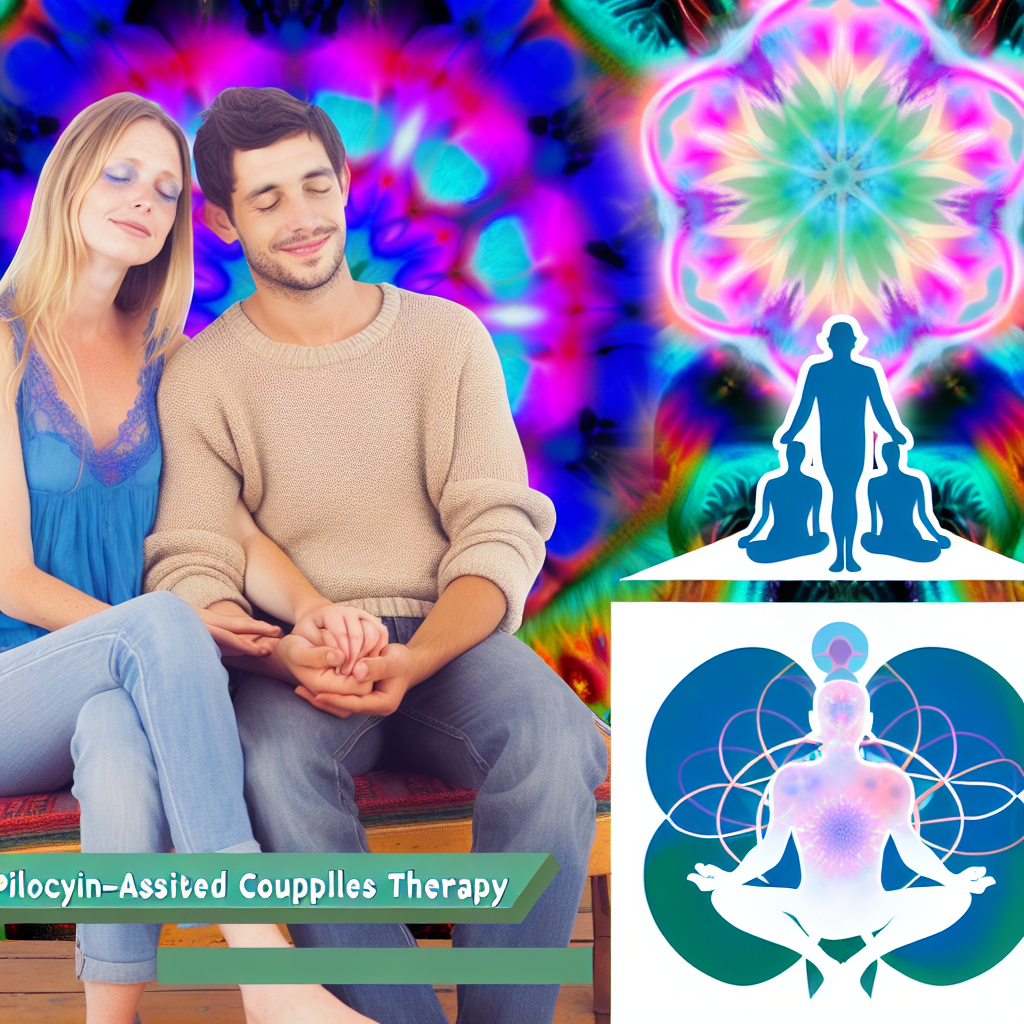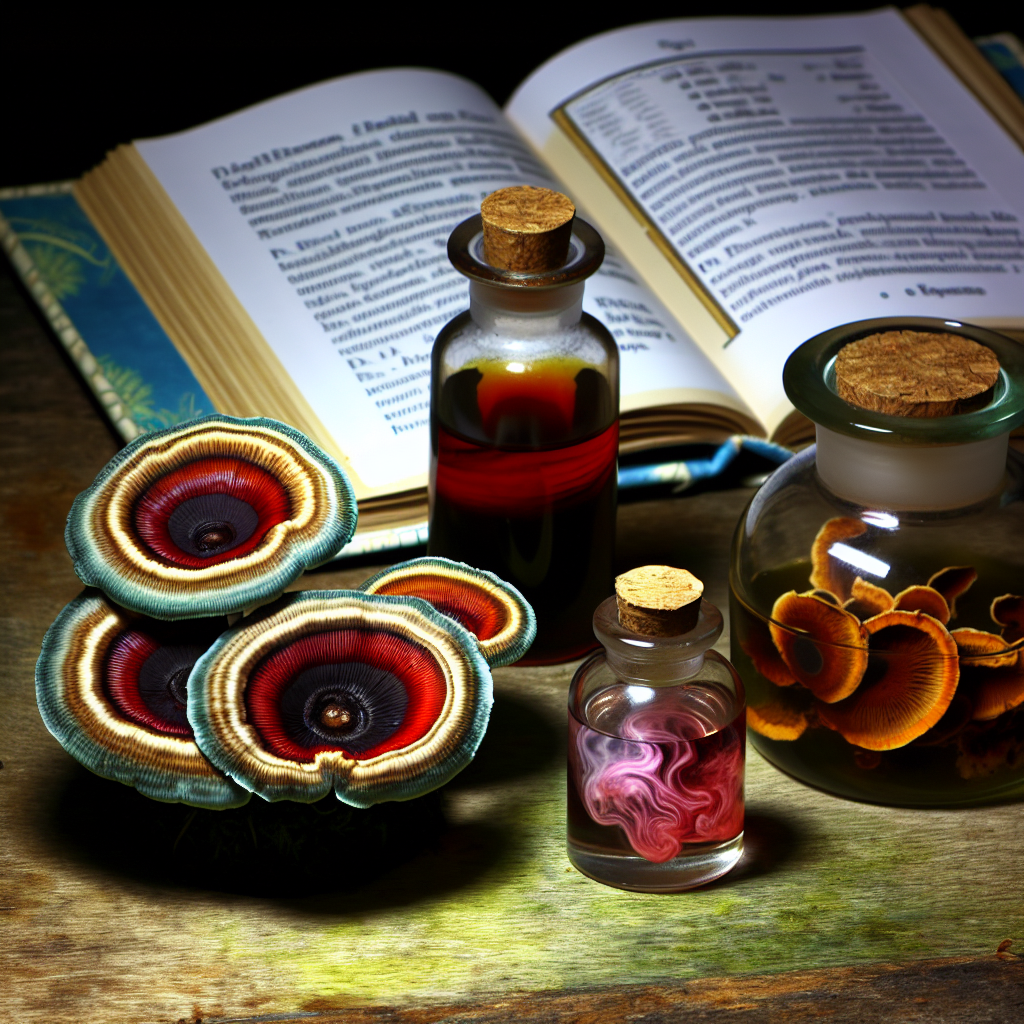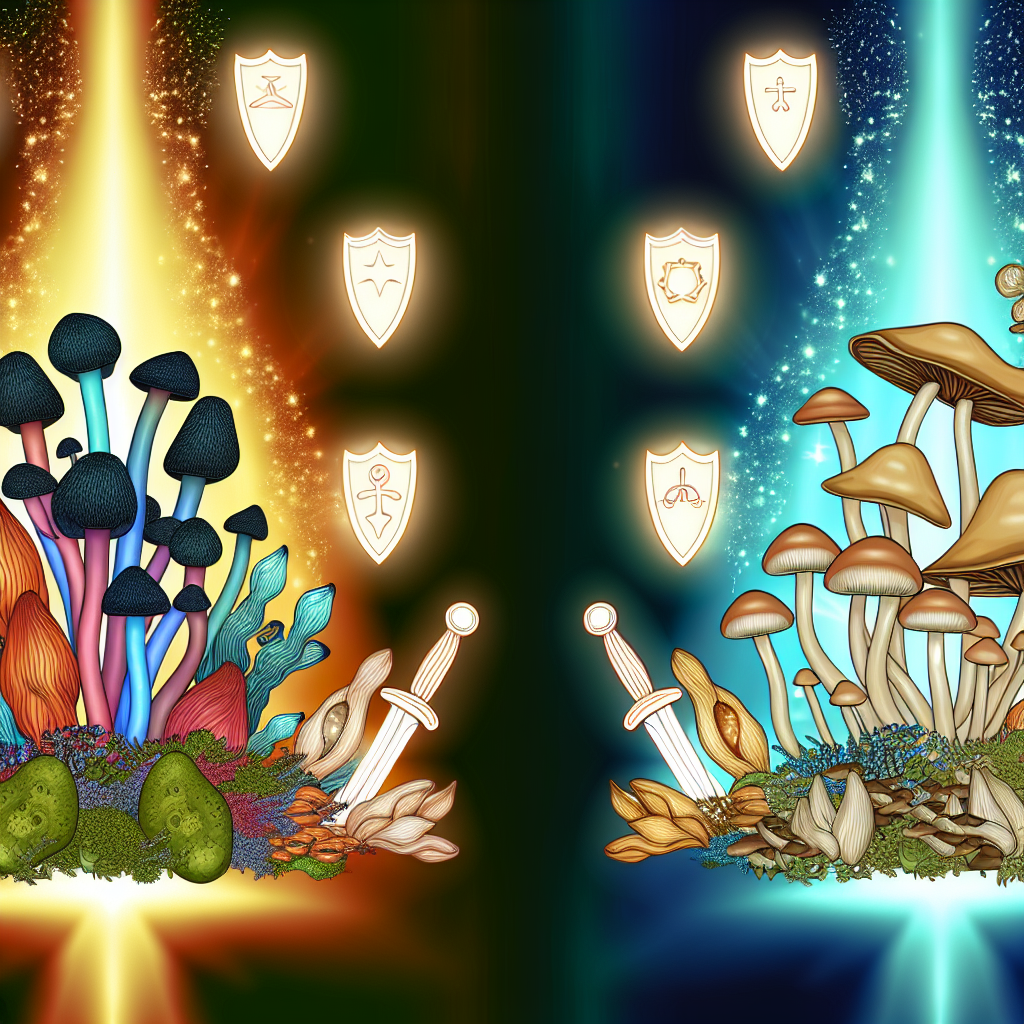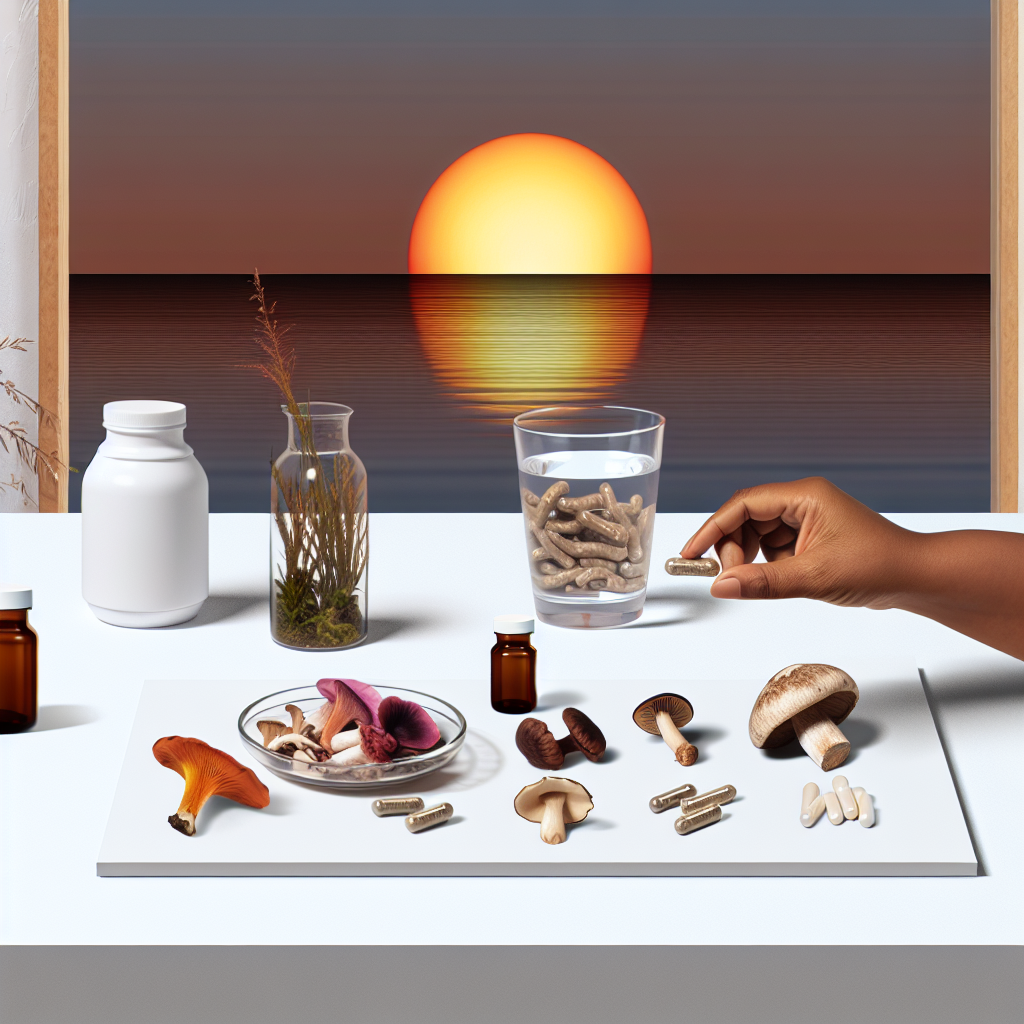Psilocybin-Assisted Couples Therapy: Relationship Healing Frameworks
Unlocking Deeper Connection Through Psychedelic Healing
In recent years, the conversation around psychedelic medicine has shifted from fringe to front-line, particularly in the realm of emotional and psychological healing. As society grapples with rising rates of anxiety, depression, and interpersonal strife, new modalities for treatment are gaining attention. Among them, psilocybin—the psychoactive compound found in magic mushrooms—has emerged as a promising therapeutic tool.
While much research has focused on its efficacy in treating depression, PTSD, and end-of-life anxiety, a transformative new application is taking shape: psilocybin-assisted couples therapy.
For couples navigating emotional disconnect, unresolved trauma, or communication breakdowns, traditional therapy may bring only incremental progress. These challenges often stem from deeply rooted patterns that talk therapy can struggle to penetrate. Psilocybin, however, has shown the capability to open neural pathways and foster states of enhanced empathy, introspection, and emotional release. In a guided therapeutic setting, these altered states can facilitate a deeper understanding between partners, helping them see themselves—and each other—in a dramatically new light.
By temporarily dissolving the ego, psilocybin allows individuals to better examine their role in relationship dynamics without the usual defensiveness or internal bias. This can lead to incredibly productive therapeutic breakthroughs. When used in a structured environment led by trained facilitators, psilocybin has the potential to accelerate emotional healing and establish long-lasting relational improvements.
The key lies in its responsible, intentional use. Psilocybin isn’t a magic fix, but rather a potent catalyst when integrated into a broader, well-designed therapeutic framework. Psilocybin-assisted couples therapy offers a rare opportunity to break through emotional impasses, rekindle intimacy, and build genuine empathy. With a growing body of research and increasing professional interest in psychedelic-assisted therapy, psilocybin is paving the way for a new frontier in relationship care.
Whether in long-term partnerships weathering emotional fatigue, or newer couples wanting to deepen their bond, psilocybin-assisted therapy could serve as a transformative reset. The promising intersection of neuroscience, psychotherapy, and ancient plant wisdom is now converging to support modern love in extraordinary ways.
The Science Behind the Shift: Clinical Findings Fueling the Movement
In recent years, a growing body of medical literature has begun documenting the potential of psilocybin to enhance emotional healing, connection, and neuroplasticity—key components in effective couples therapy.
One of the most important studies in this context is the 2016 trial published in the Journal of Psychopharmacology by researchers at Johns Hopkins University. The study found that psilocybin produced “mystical-type experiences” that led to enduring positive changes in behavior and attitude, especially among subjects in emotionally significant interpersonal settings. (source)
Another major study from Imperial College London provided neuroimaging evidence showing that psilocybin quiets the Default Mode Network (DMN), a brain network associated with self-referential thought and the ego. By diminishing the influence of the DMN, individuals report feeling a profound sense of unity and interconnectedness—not just with the world but also with loved ones. For couples, this diminished ego state can be particularly beneficial in addressing blame, resentment, and miscommunication (source).
Even more compelling are recent pilot programs testing psilocybin in couples therapy specifically. One such initiative, conducted by the Center for Psychedelic Therapies and Research at the California Institute of Integral Studies, included guided mushroom journeys for couples in structured therapeutic settings. Early results pointed toward improved relationship satisfaction, enhanced emotional intimacy, and strengthened communication skills. Participants also reported being better able to revisit and process shared traumas, deepening their emotional resilience.
New therapeutic frameworks are being modeled after protocols used in MDMA-assisted therapy, such as those developed by MAPS (Multidisciplinary Association for Psychedelic Studies), which emphasize preparation, journey, and integration phases. Applied to psilocybin, these phases help couples to set intentions, navigate the altered state together, and process insights afterward with the help of professional therapists trained in psychedelic facilitation (source).
Importantly, the potential benefits of psilocybin-assisted couples therapy are supported by the compound’s biochemical interaction with serotonin receptors, particularly 5-HT2A receptors, which regulate mood and cognition. Increased neuroplasticity during the acute phase of a psilocybin journey enables individuals to explore and adopt new mental and emotional patterns—laying down new relational habits that are more constructive, compassionate, and responsive.
With proper screening for contraindications and the inclusion of robust psychological support, psilocybin-assisted couples therapy is shaping up to be a powerful, evidence-informed tool to repair, redefine, and revitalize modern relationships.
Reimagining Love: The Promise of Psychedelic-Facilitated Intimacy
Psilocybin-assisted couples therapy holds the potential to revolutionize how we approach emotional healing within relationships. Grounded in emerging scientific research and guided by skilled practitioners, this therapy offers couples a profound opportunity to reconnect, heal old wounds, and build a foundation of empathy and compassion.
As regulatory frameworks evolve and research expands, psilocybin could soon become a central component of integrative, relationship-centered care—merging depth psychology with age-old plant wisdom to serve love in its highest form.
References
- Griffiths, R.R., et al. (2016). “Psilocybin produces substantial and sustained decreases in depression and anxiety in patients with life-threatening cancer.” Journal of Psychopharmacology.
- Carhart-Harris, R.L., et al. (2019). “Neural correlates of the LSD experience revealed by multimodal neuroimaging.” Nature Scientific Reports.
- MAPS – Multidisciplinary Association for Psychedelic Studies. MDMA-Assisted Psychotherapy.
- California Institute of Integral Studies – Center for Psychedelic Therapies and Research.
Summary:
Psilocybin-assisted couples therapy is a promising new modality that harnesses the therapeutic potential of psychedelics to enhance emotional healing, connection, and intimacy within relationships. By temporarily dissolving the ego and fostering states of heightened empathy and introspection, psilocybin can facilitate profound breakthroughs in communication, conflict resolution, and shared trauma healing. Grounded in a growing body of scientific research, this approach offers couples a transformative reset and the opportunity to build a foundation of compassion and understanding.

Dominic E. is a passionate filmmaker navigating the exciting intersection of art and science. By day, he delves into the complexities of the human body as a full-time medical writer, meticulously translating intricate medical concepts into accessible and engaging narratives. By night, he explores the boundless realm of cinematic storytelling, crafting narratives that evoke emotion and challenge perspectives. Film Student and Full-time Medical Writer for ContentVendor.com




